|
Being dyslexic, I was never naturally good at science and math in school because I wasn’t
being taught in a style that worked for me. I am a visual learner and not being able to physically see how what I was learning in my “real life” hindered my academic career. When I got scuba certified in high school, I was given these visual representations because scuba is physics, chemistry, and biology all in one. I remember in a physics lab I had in high school, there was an equation referring to Boyles Law which is a topic related to diver physiology and safety. As a kid, when you see something you are familiar with and recognize, you will be much more confident going into it. Now as a PhD candidate in marine biology and genetics, I can say that the key to succeeding in math and science is simply thinking that you can do it. I was a math tutor at Lincoln Middle School for a while and the biggest problem I saw was kids don’t think they can’t do math. They are then embarrassed to try and fail so they don’t even try, and it turns into a cycle. Scuba became a tool to almost overcome my dyslexia because there’s no “cure” for it. It just takes working a little bit harder and having this passion makes working harder natural. When it came time to apply for college, I knew I wanted to study marine science and wrote my college essay about scuba diving bringing out a personal and academic passion which helped me overcome this learning disability barrier. When I went to the University of Florida, I ended up being a teaching assistant my freshman year of college up until my senior year because they had a 3-credit scuba diving course. Because I entered college as a dive master (someone who can aid in teaching scuba), I was given this experience early on which helped me stand out when applying to graduate school. Science can be hard and especially now that I focus mainly on genetics I’m not in the water as much. But knowing that the big picture of my research is going to help marine conservation, which is protecting my passion, is what pushes me through even the long nights studying.
0 Comments
I just returned from several days of scuba diving in Grand Cayman. I am always amazed at the wonders that live beneath the seas. As you descend into the blue you are confronted with a world unlike our terrestrial home. The variety of fish and coral are spectacular. As you make your way around the reef, you see many things that few get to encounter. It could be the southern sting ray foraging in the sand accompanied by the small jack waiting to pick up some small scraps from the hunt. Or it might be the large spotted eagle ray who glides gracefully over the top of the coral. There is something wonderful to see on every dive.
There is also things that you never want to see but are becoming more routine. There is plastic strewn about the ocean and trash finds its way to the sea very easily. One of the more devastating events happening all around the world is coral bleaching and other coral diseases. Seeing the dead and dying coral is disturbing and it is everywhere. I witnessed this on our recent dive trip. Is there anything we can do? YES! There are plenty of things that we can do as ocean stewards. While climate change is the biggest culprit and it is challenging to take that one on as individuals, we can look to making our individual carbon footprint smaller. We can use reef safe products that do not harm these sensitive animals. There is also limiting our single use plastic or maybe being a better scuba diver and avoid harming the reef. I firmly believe that you need to become an ocean steward at any age but particularly I feel that young people hold the key to the sustainability of our oceans. I became an ocean steward when I became a scuba diver. So against this backdrop, I created the Scuba Educational Alliance of Connecticut to help young people become scuba divers and become the new generation of ocean stewards. |
Scuba Educational Alliance of CTCheck out the latest news and updates from SEACT Archives
June 2023
Categories |
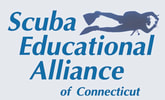
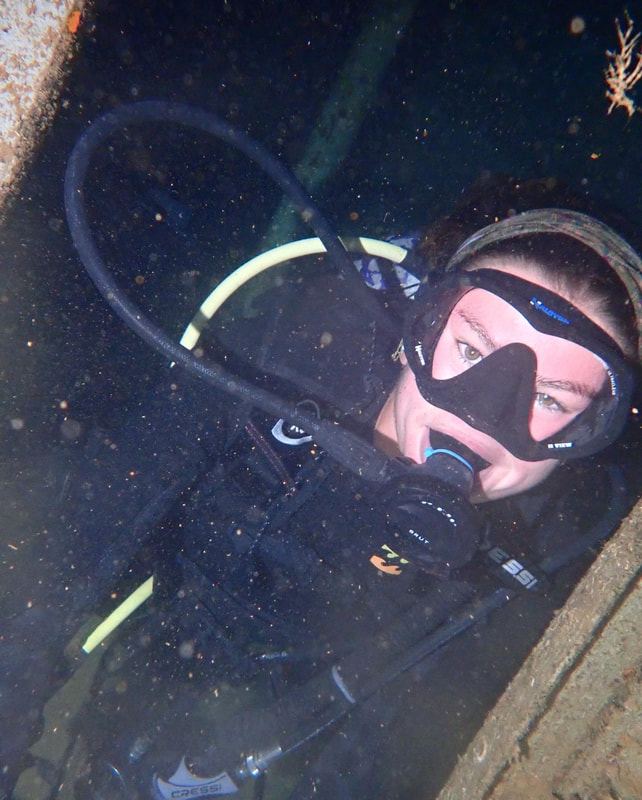
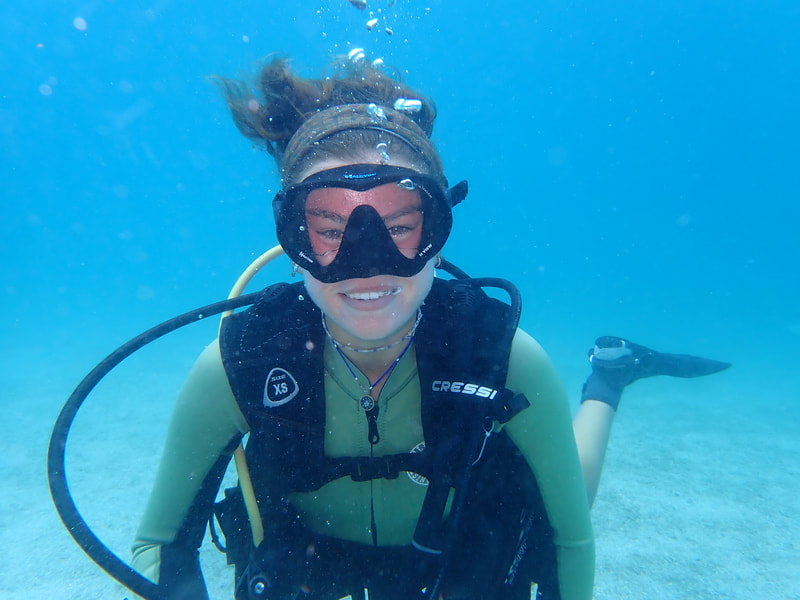
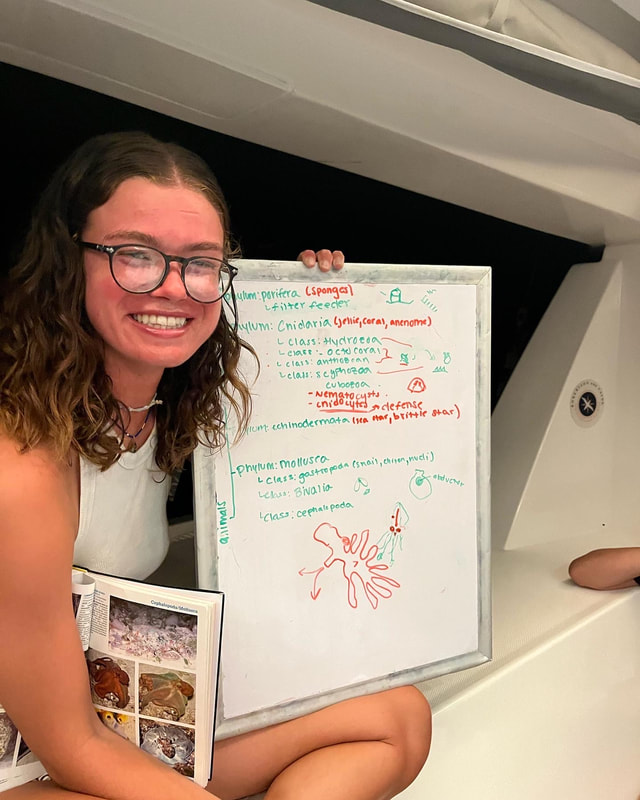
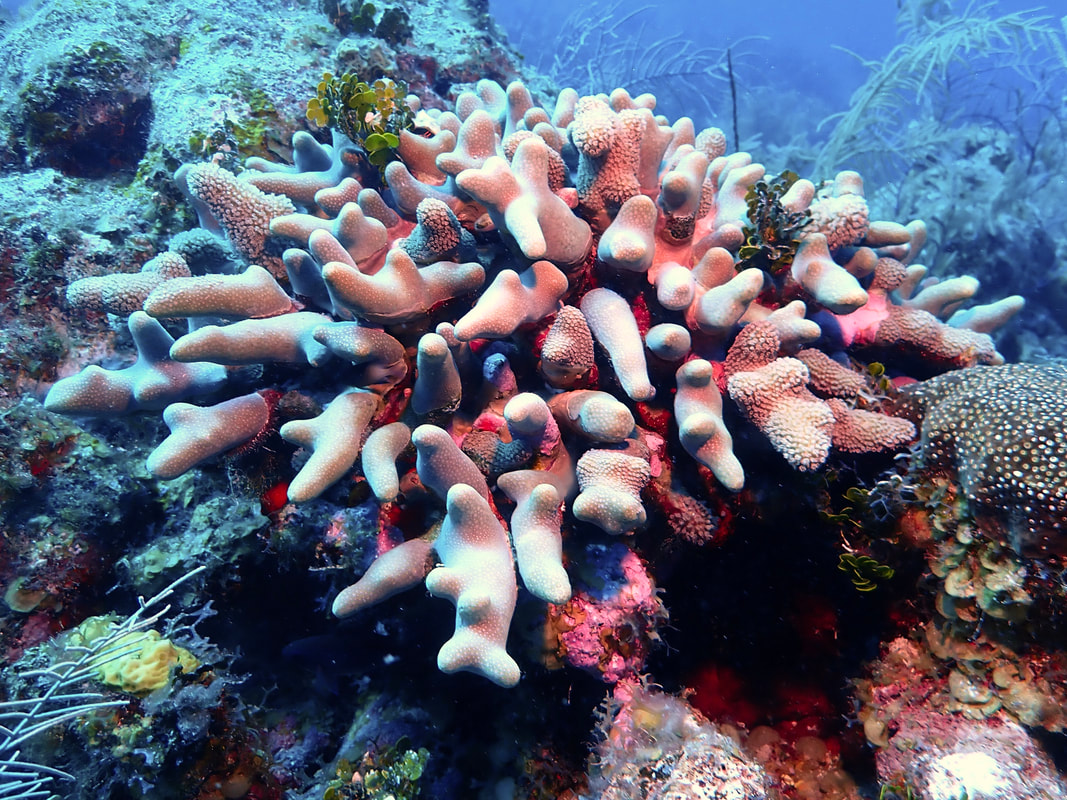
 RSS Feed
RSS Feed